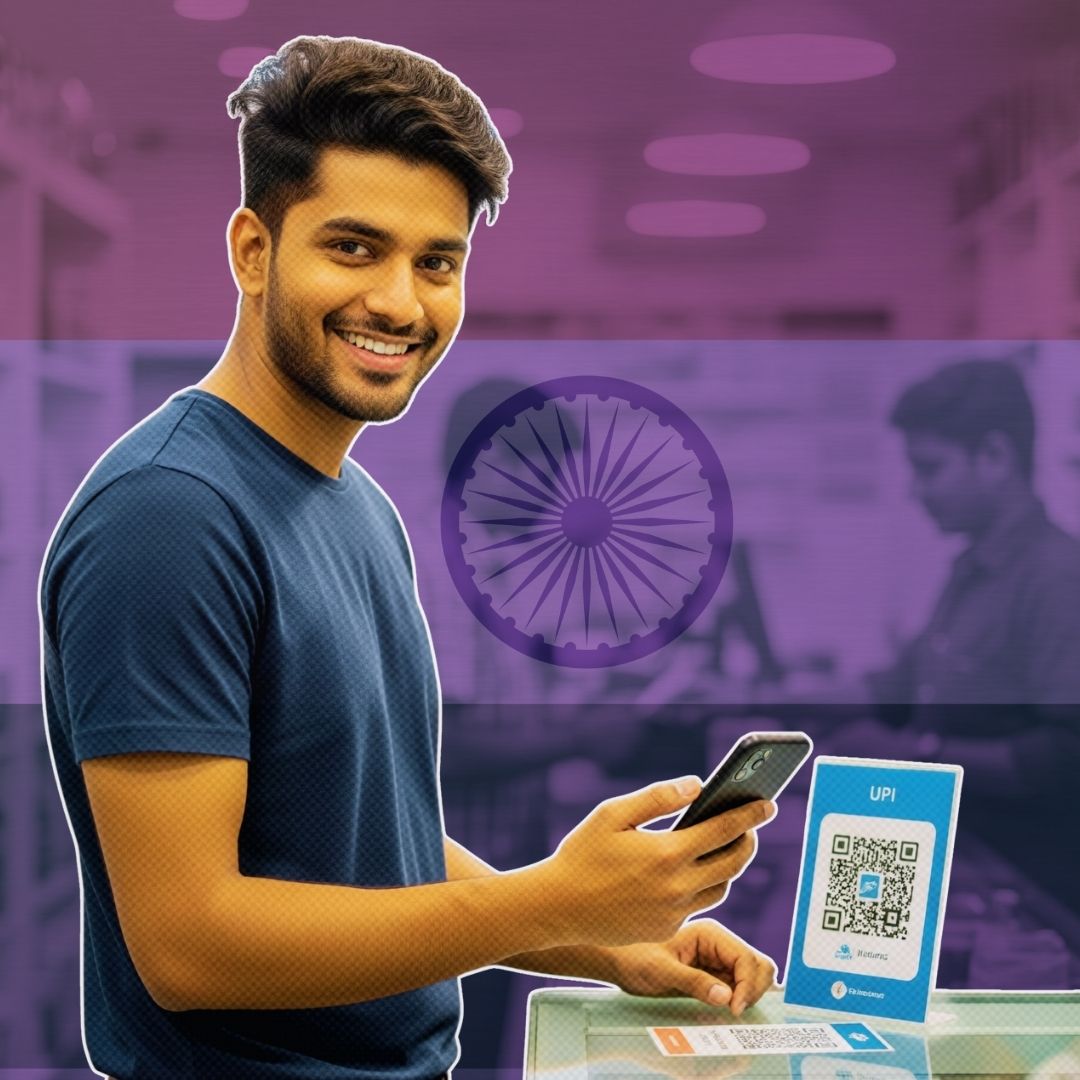India has become the global leader in fast retail payments, driven by the explosive growth of the Unified Payments Interface (UPI), according to a recent International Monetary Fund (IMF) report. UPI now processes over 18 billion transactions per month, surpassing all other countries in speed and volume of digital payments.
The report highlights a significant decline in proxies for cash usage, such as ATM withdrawals, and a concurrent fall in debit and credit card use. Officials from the Reserve Bank of India (RBI) and the National Payments Corporation of India (NPCI) credit UPI’s interoperable design and widespread adoption for this success, with plans underway to expand UPI’s reach internationally.
UPI’s Unmatched Growth and Interoperability Drive Digital Payments Surge
Since its launch in 2016, UPI has rapidly grown to become the world’s largest retail fast payment system by volume. In May 2025, UPI processed more than 18 billion transactions, with daily volumes exceeding 600 million.
The IMF’s Fintech Note titled “Growing Retail Digital Payments: The Value of Interoperability” attributes this success to UPI’s interoperable framework, which allows seamless transactions across different banks and payment apps, unlike closed-loop systems.
The report notes, “India now makes faster payments than any other country. At the same time, proxies for cash usage have fallen.” RBI officials have emphasised UPI’s role in fostering financial inclusion and convenience for millions of users across urban and rural India.
Background: UPI’s Role in India’s Digital Payment Revolution
UPI, developed by NPCI, enables instant, real-time bank-to-bank transfers via mobile phones without requiring card details, making it highly accessible and user-friendly. This has contributed to a sharp decline in cash usage indicators and a reduction in debit and credit card transactions.
The government’s push for a digital economy, combined with rising smartphone penetration and internet access, has fuelled UPI’s adoption. NPCI is also expanding UPI’s global footprint, with services live in seven countries and plans to extend to up to 20 countries by 2029. The IMF note cautions policymakers to maintain an open, interoperable, and competitive ecosystem as the platform matures.
The Logical Indian’s Perspective
The Logical Indian welcomes India’s leadership in fast payments as a landmark achievement in digital empowerment and financial inclusion. However, rapid digitalisation must be balanced with robust cybersecurity, digital literacy, and equitable access to ensure no one is left behind.
We advocate for continued dialogue among policymakers, financial institutions, and users to build a secure, inclusive digital payments ecosystem that respects privacy and fosters trust.












